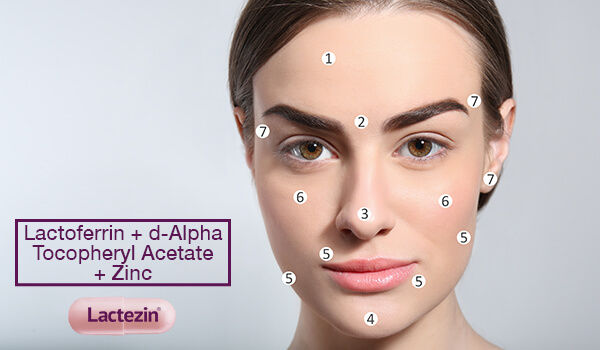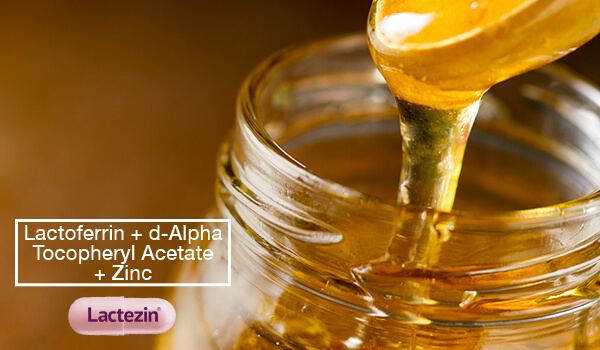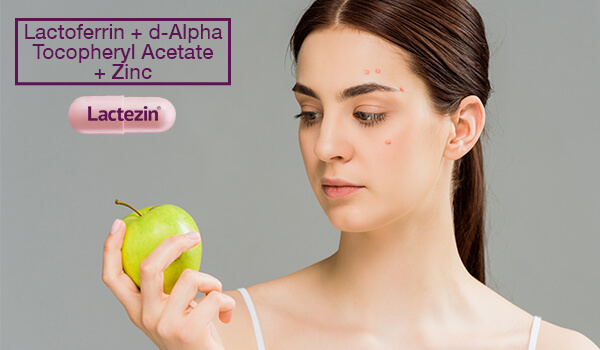Late Nights? Here's How Staying Up Affects Your Skin

The food you eat, your hormones, your DNA, and your skincare products all have a lasting impact on your skin. And so does sleep, that’s why we say beauty sleep is real.
Sleeping allows not only our body but also our skin to recharge. It is the biggest organ after all. If you are sleep deprived, the body will have a difficult time to heal and eliminate toxins from the skin.
So, what happens to our skin during the nighttime?
While the skin wards off environmental damages during the day, it switches into recovery mode at night. It works hard to repair as the regenerating process can be up to three times faster versus during the day.
The skin starts going to its evening phase at around 9 to 11 pm. Melatonin, which is the sleep hormone, increases during this period, enhancing the feeling of tiredness while also boosting the skin’s ability to counteract the damage done during the day from aggressors like UV and pollution.
Aside from melatonin, the other hormone that releases during sleep is HGH or the human growth hormone. It is responsible for accelerating the skin’s repair and cell regeneration. Our body’s cell production can double between the hours of 11 pm and 4 am.
The nighttime is also the perfect time to apply all your topical skincare treatments, as it is the most absorbent during this phase. However, the skin can lose moisture once it is daytime. “Transepidermal water loss” happens during the morning phase and this is when the skin becomes its driest.
Hence, when you’re sleep-deprived, this is the result:
- Dull Skin
Cortisol levels increase when you lose sleep. This hormone triggers inflammation which breaks down the proteins in the skin that keep it smooth and radiant. Our blood cannot flow efficiently throughout the body when we are tired, resulting in a lack of oxygen. This causes the skin to appear blotchy, ashy, and pigmented. - Dry Skin
The body’s hydration rebalances and recovers extra moisture while we sleep, that’s why we perspire more during slumber. This makes sleep a natural moisturizer that can help smooth out fine lines and wrinkles on the skin. Missing out on sleep deprives your skin of that. It can also affect the moisture levels of the skin and lower your complexion’s PH level. This imbalance leads to your skin not producing the moisture it needs, eventually drying out your skin. - Aging Skin
The integrity of the skin’s collagen is compromised when you are sleep deprived and stressed. Collagen is responsible for the elasticity and structure of the skin. When broken down, your skin starts to show more noticeable signs of aging by appearing less smooth and firm.
How can we avoid these things from happening?
- Create an effective sleep routine.
Creating the right sleep environment ensures sufficient sleep that can help support overnight skin functions. Any exposure to blue light prevents the release of melatonin. So ensure that your bedroom is free from all kinds of technology that emits light, and yes, that includes your phone. If you’re planning on taking a bath, use moderately cold water to cool your body and make sleep more comfortable. Finally, try setting regular sleep and wake times and resist the urge to snooze. - Eat better, sleep better.There are multiple easy ways you can do to tweak your diet and help you sleep better. Eggs and strawberries, which are rich in antioxidants, boosts collagen and elastin production for smoother, firmer skin. Meanwhile, nuts like almonds and walnuts can help balance out the moisture loss at night. They also contain Vitamin E which improves nourishment and skin suppleness.Before bedtime, go for foods that are rich in tryptophan. This chemical is mostly found in chicken, turkey, and bananas. It encourages sleep and improves brain chemistry. And while alcohol may sound like a great idea, it can actually interfere with your sleep and cause skin dehydration. Instead, drink two glasses of water right before you fall asleep.
- Wind down.Are you a restless sleeper? Do you find yourself regularly waking up in the middle of the night? Residual stress, worry, and anger from your day will do that to you. So slow down and take a breather. Learning how to manage your stress levels will make it easier to sleep at night. Try practicing meditation techniques, or listen to soft music or an audiobook.
- Try Lactoferrin + d-Alpha Tocopheryl Acetate + Zinc (Lactezin) to help reduce your skin issues. Oral supplements like Lactoferrin + d-Alpha Tocopheryl Acetate + Zinc (Lactezin) have oil regulating properties that can help fight pimple-causing bacteria, lessen pimples and improve skin appearance with regular intake.
Lactoferrin + d-Alpha Tocopheryl Acetate + Zinc is the generic name of Lactezin. If symptoms persist, consult your doctor.
If you want to know more about Lactoferrin and its effects, click here.
SOURCES:
https://www.byrdie.com/beauty-sleep
https://www.alaskasleep.com/blog/beauty-sleep-is-real.-how-lack-of-sleep-is-ruining-your-skin


